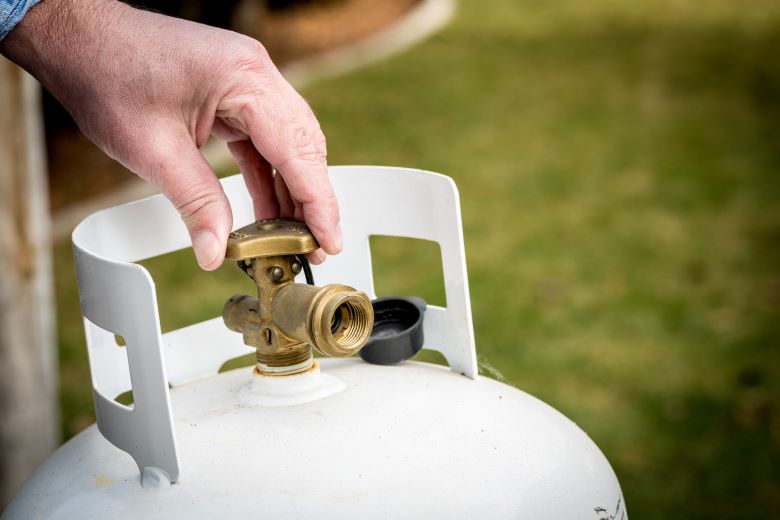
Choosing Off-grid Life: Ideals and Realities
The first group chooses off-grid living driven by desires to minimize their carbon footprint or reduce living costs, typically relying exclusively on renewable energy sources like solar and wind. This group aims for a completely standalone system, avoiding fossil fuels, including LPG. However, the reality of achieving a fully renewable setup involves substantial costs and technical challenges, particularly in energy storage and system sizing.
Necessity Drives LPG Adoption
Conversely, the second group lives off-grid out of necessity. In remote areas, connecting to the grid can be prohibitively expensive or technically impossible. Here, LPG emerges as a practical alternative, offering a bridge between complete dependency on renewables and the need for reliable energy. This segment of off-grid residents considers all energy options, including both renewables and transportable fossil fuels such as LPG and diesel.
Evaluating Renewable Options: Cost and Feasibility
Fully renewable off-grid systems, such as those powered by photovoltaic (PV) cells or wind, require significant upfront investment. They must include battery storage to manage energy supply when direct generation is unavailable, and they must be oversized to handle various load scenarios. These requirements escalate costs, making renewable systems less attractive or feasible for certain users, such as occasional residents or those with limited budgets.
LPG’s Role in Off-grid Settings
LPG can significantly simplify living off the grid by providing essential services:
Heating: LPG heaters offer various models, some of which require no electrical connection, reducing the need for large electrical systems.
Cooking: LPG cooktops and ovens with piezoelectric ignition provide a cooking experience comparable to that of natural gas, without the need for electricity.
Hot Water: Tankless LPG systems deliver hot water on demand, efficiently using fuel without the need for electrical input.
Electricity and Cogeneration: Micro-CHP systems combine heat and power to offer highly efficient energy solutions tailored for residential use. These systems are especially beneficial in areas where traditional energy infrastructure is absent.
Enhancing Lifestyle with LPG
Integrating LPG into an off-grid home doesn’t compromise comfort. It provides a reliable energy source capable of supporting all modern conveniences, from refrigeration to heating, without the infrastructure demands of traditional utilities. Large storage tanks ensure an adequate LPG supply, with delivery and refill services available even in isolated areas.
Balancing Sustainability with Practicality
While the pursuit of a zero-carbon lifestyle is commendable, the practical challenges and costs associated with fully renewable off-grid systems often necessitate a more balanced approach. LPG stands out as an efficient, practical solution that can coexist with renewable technologies, offering resilience and comfort in remote living conditions.
By understanding the roles and benefits of LPG in off-grid living, homeowners who wish to switch from solid fuels to gas can make informed decisions that align with both their environmental ideals and practical needs, ensuring a sustainable, comfortable life regardless of location.


